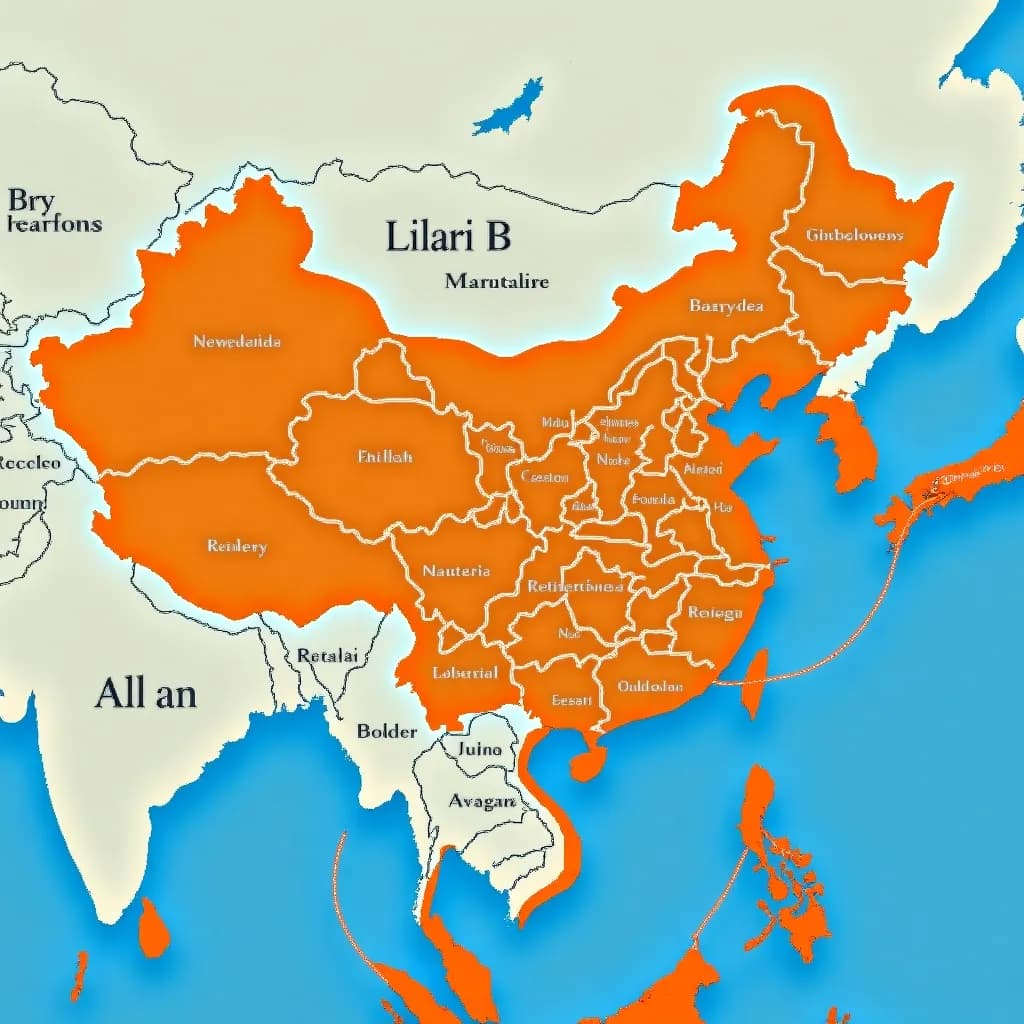Assessing the Impact of Global Politics on Climate Change Policies
As the world grapples with the dire effects of climate change, the role of global politics in shaping climate change policies has never been more critical. This article delves into the dynamics of international relations and how they affect the development and implementation of these policies.
The Intersection of Politics and Climate Change
The intersection of politics and climate change is a complex web of interests, strategies, and negotiations. With each nation having its unique environmental challenges and economic realities, finding common ground can be a Herculean task.
Nevertheless, the global community's collective action—or lack thereof—on climate change is largely dictated by the political will of individual countries and international alliances.
Case Study: The Paris Agreement
The Paris Agreement, a landmark international accord aimed at mitigating global warming, illustrates the profound impact of politics on climate change policies.
Designed to keep the global temperature rise this century well below 2 degrees Celsius above pre-industrial levels, the Paris Agreement brought together 196 countries in a unified commitment to fight climate change. However, its implementation has been fraught with political obstacles.
- The United States, under the Trump administration, withdrew from the agreement in 2017, citing economic disadvantages. This move undermined global efforts to curb greenhouse gas emissions and reflected how domestic politics can influence international climate change policies.
- The European Union, on the other hand, has emerged as a global leader in climate action, pledging to reduce its greenhouse gas emissions by at least 40% by 2030. This commitment demonstrates the power of regional alliances in shaping climate change policies.
Climate Change Politics in Emerging Economies
Emerging economies like China and India also play a significant role in global climate politics. With their burgeoning economies and growing energy needs, they face the challenge of balancing economic growth with environmental sustainability.
China, currently the world's largest emitter of greenhouse gases, has pledged to achieve carbon neutrality by 2060. India, which faces severe threats from climate change, has made ambitious commitments to renewable energy but struggles with policy implementation due to its vast population and economic disparities.
Conclusion
The global political landscape plays a pivotal role in shaping climate change policies. From the Paris Agreement to the climate strategies of emerging economies, it is clear that political will, international relations, and domestic realities significantly impact the world's response to climate change.
In an era where climate change threatens our very existence, the need for cohesive, robust global political action is more urgent than ever. As we move forward, it is essential to foster international cooperation, prioritize sustainable development, and ensure that our policies are guided by scientific evidence and not political expediency.







